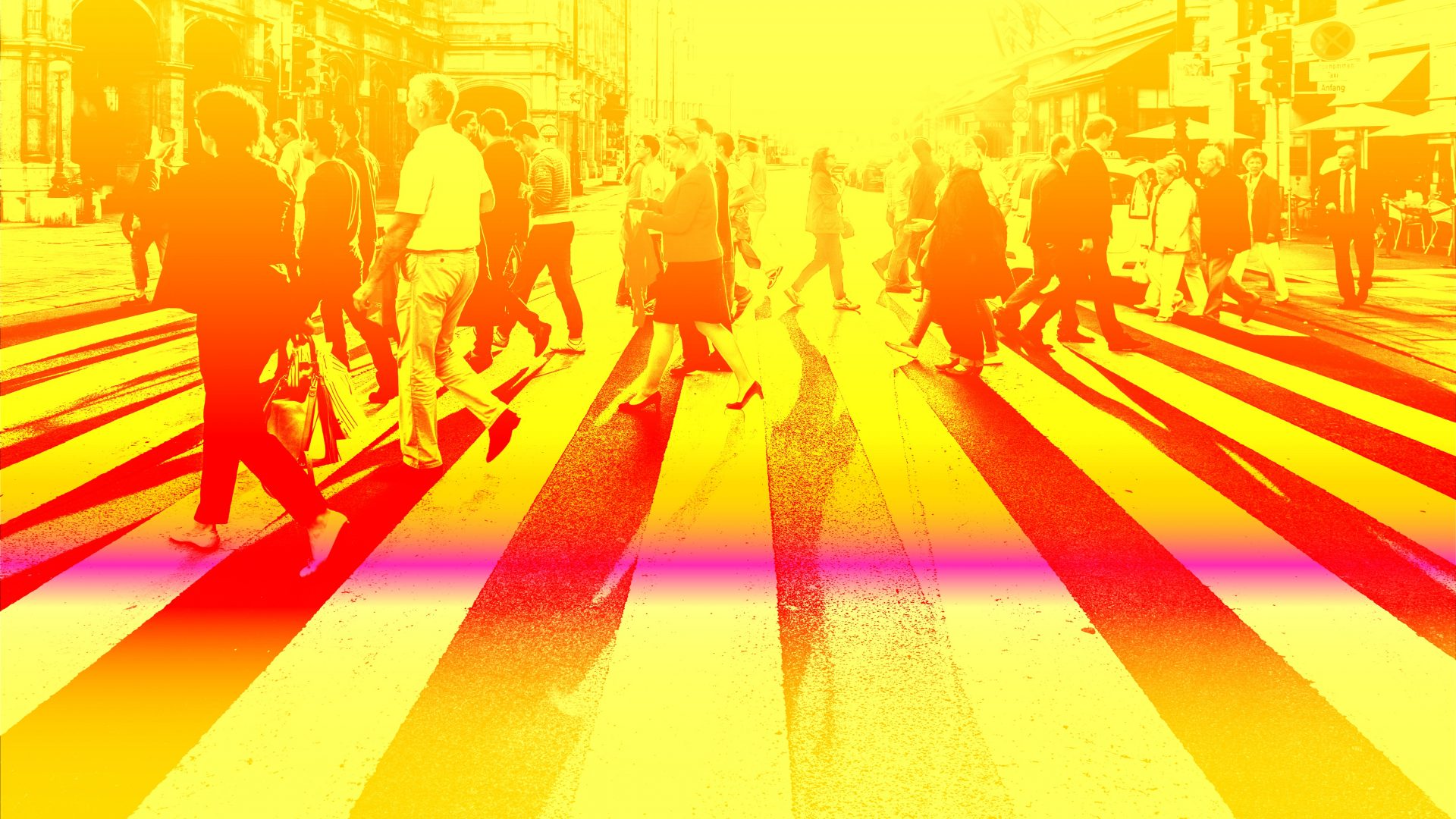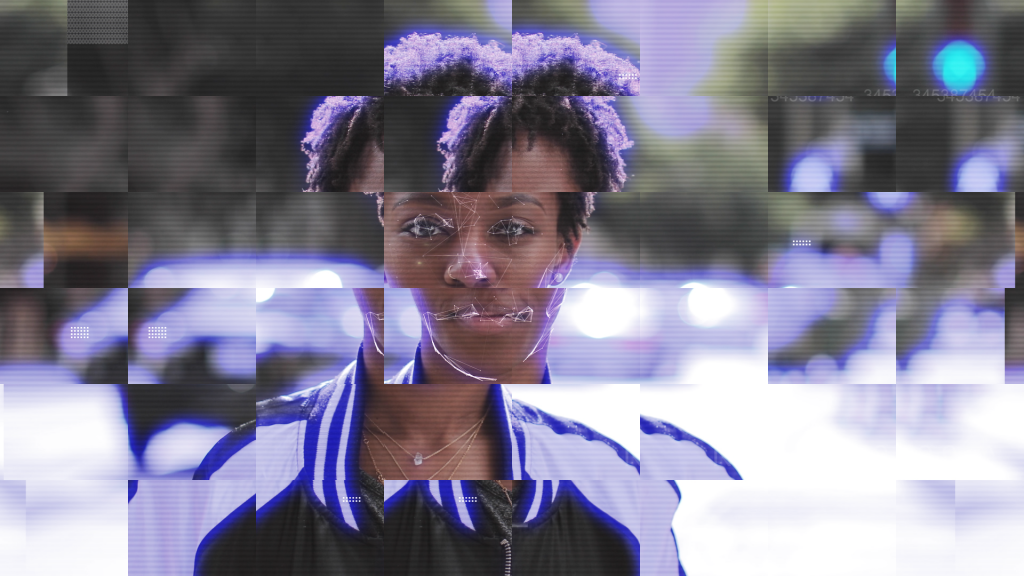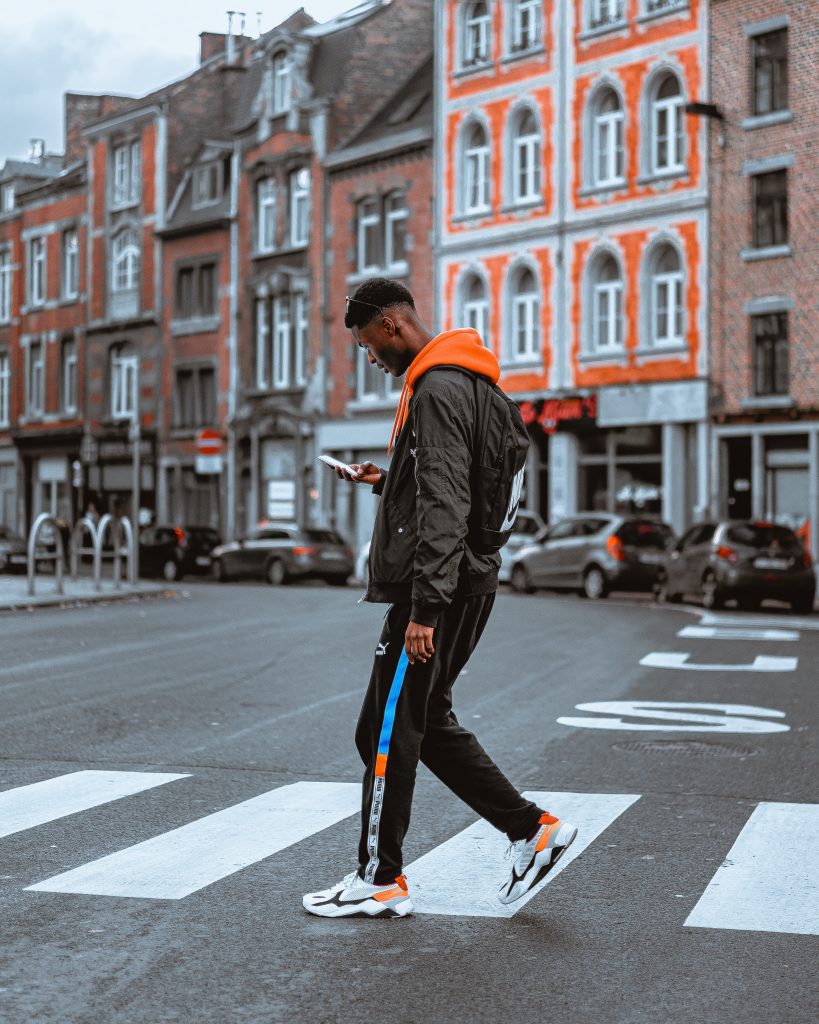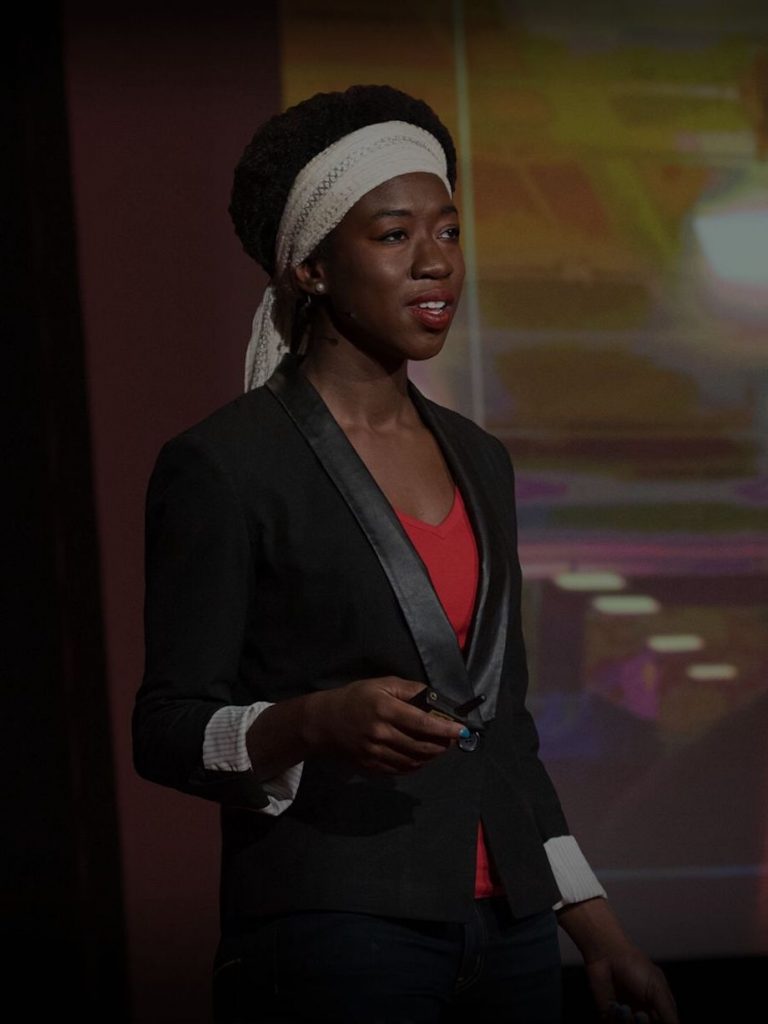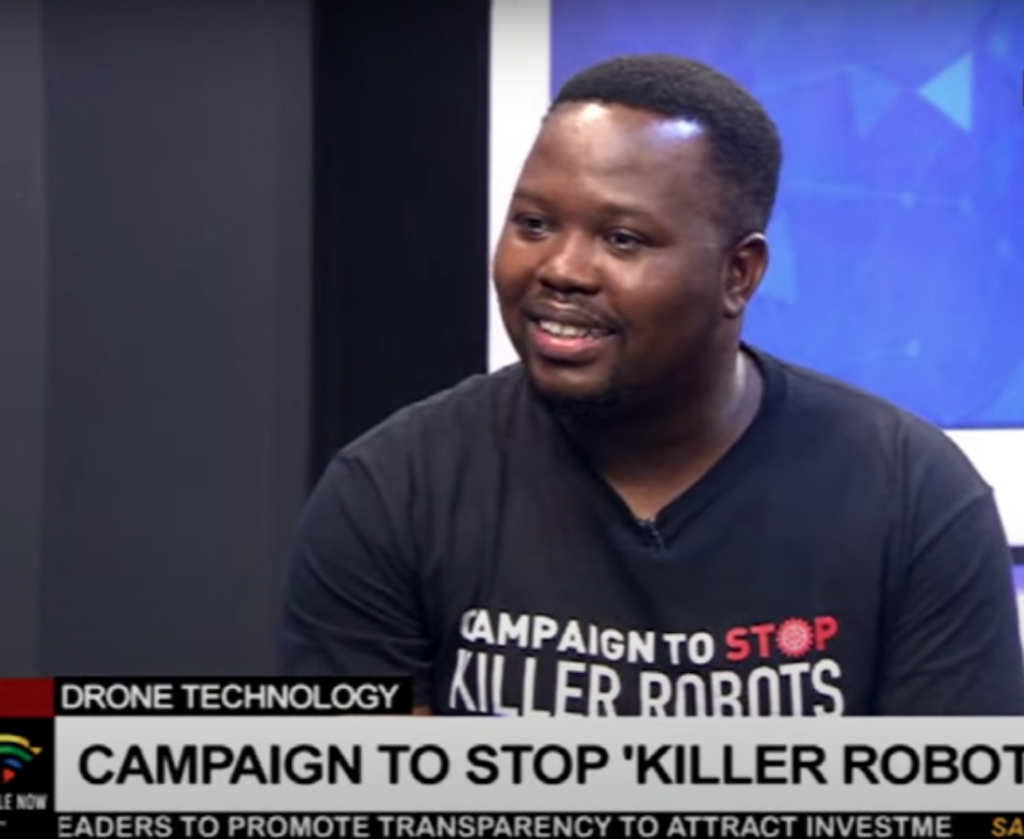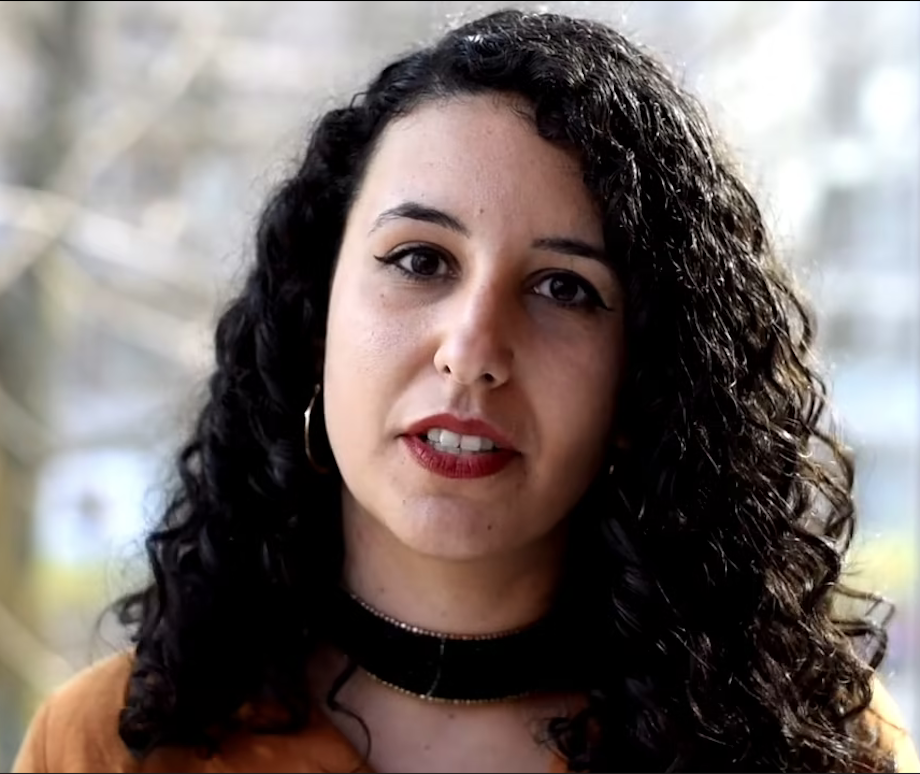From social media to the use of robot dogs by police enforcement, artificial intelligence technologies and automated decision making are now playing a significant role in our lives.The prejudices in our society live in the algorithms we design, in the data sets we compile and in the labels we prescribe one another.
Emerging technologies like facial and vocal recognition draw on already biased training datasets and often fail in recognising people of colour, persons with disabilities and women, favouring light-skinned and outwardly masculine faces over darker-skinned and outwardly feminine faces.
And while efforts will be made to diversify data sets, this is not just a problem of unrepresentative data.
“Facial recognition risks being weaponized by law enforcement against marginalized communities around the world. From New Delhi to New York, this invasive technology turns our identities against us and undermines human rights.”
Dr. Matt Mahmoudi, AI and Human Rights Researcher at Amnesty International.
Exacerbating harm for racialised communities
Weapons are tools of colonial and imperial power, fuelling conflict and war that disproportionately affects visible minorities and vulnerable communities. Facial recognition and other forms of artificial intelligence technology are reinforcing existing institutional patterns of discrimination resulting in disproportionate effects on historically marginalised communities.
Many technologies with varying degrees of autonomy are already being widely rolled out without pausing to consider the consequences of normalising their use. At the most extreme end of the spectrum of increasing automation lie killer robots.
The technologies that enable autonomous weapons will automatically profile, pattern match and process people as data.
Systemic racism and white supremacy are inextricably linked with the development and use of weapons. Problematic new technologies are also often tested on marginalised communities first.
We should be challenging structures of inequality, not embedding them into weapons.
Join #TeamHuman
We are calling for new international law because laws that ban and regulate weapons create boundaries for governments and companies between what’s acceptable and what’s unacceptable. We can drive this forward with increased momentum by using our collective voice and publicly demanding change.
Stay up to date

